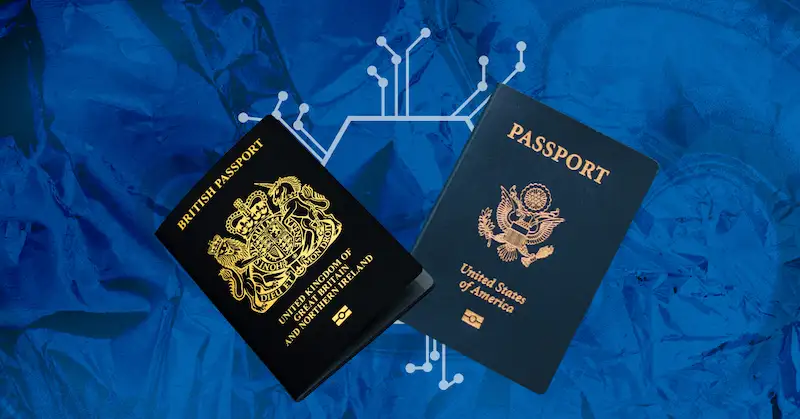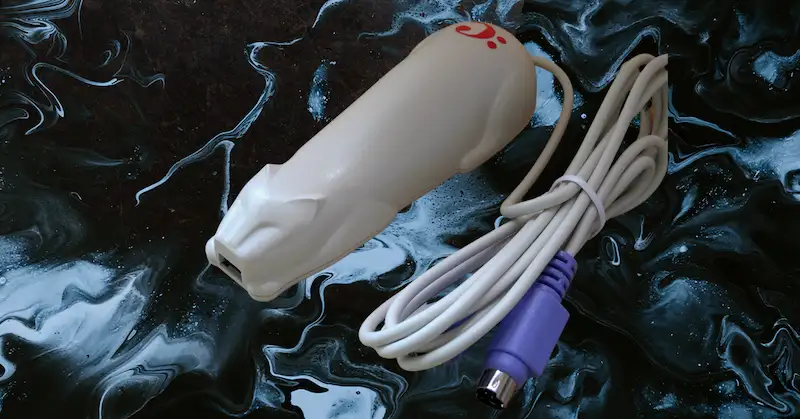
Is egg freezing ready for a high-tech upgrade?
A startup hopes its delicate automations can improve an error-prone manual industry.
Published:
Updated:
Related Articles
-

-

Zoom who? Higher ed is going holographic
-

Freeze your corpse, freeze your money?
-

Why, though? A cat ahead of its time
-

The government vs. AI deepfakes
-

Can AI predict your death?
-

The Carta debacle, explained
-

When it comes to air quality, your phone nose best
-

High-tech wearables could make workplace injuries a thing of the past
-

Are Wikimedia’s exec salaries normal?

